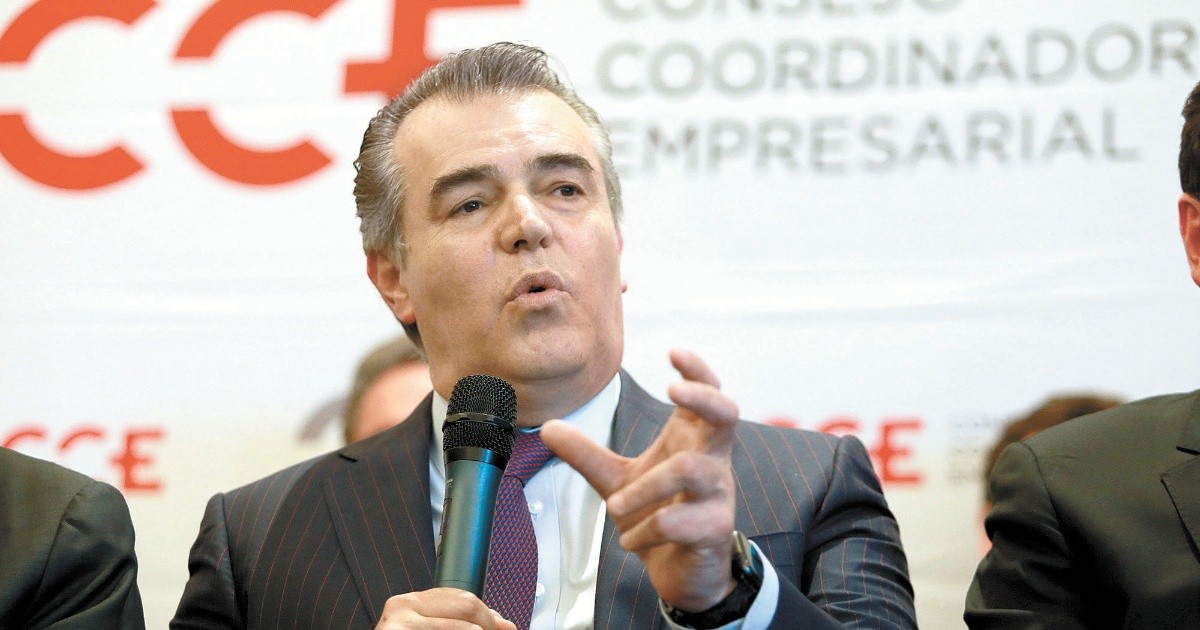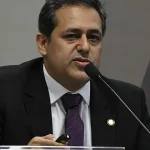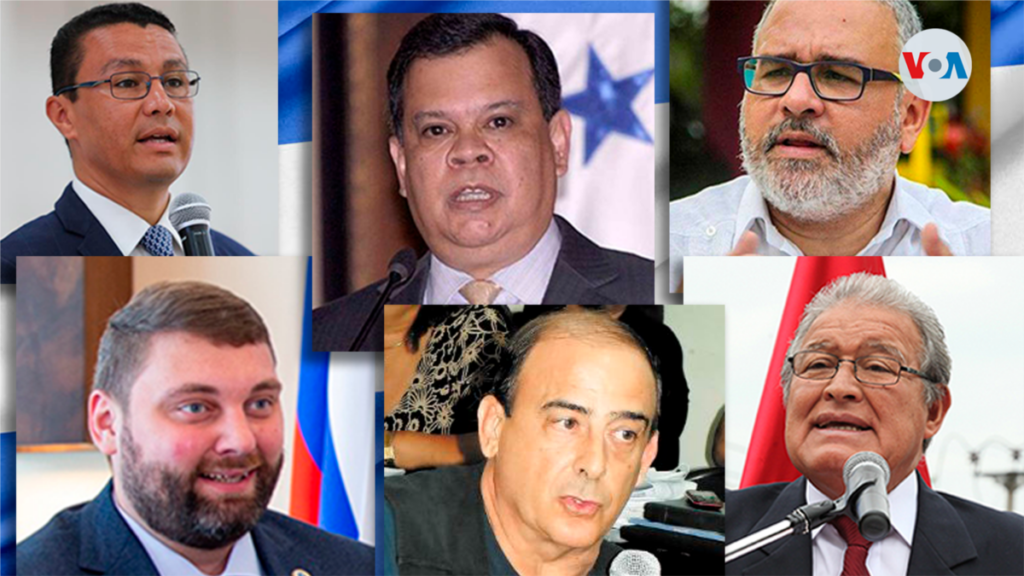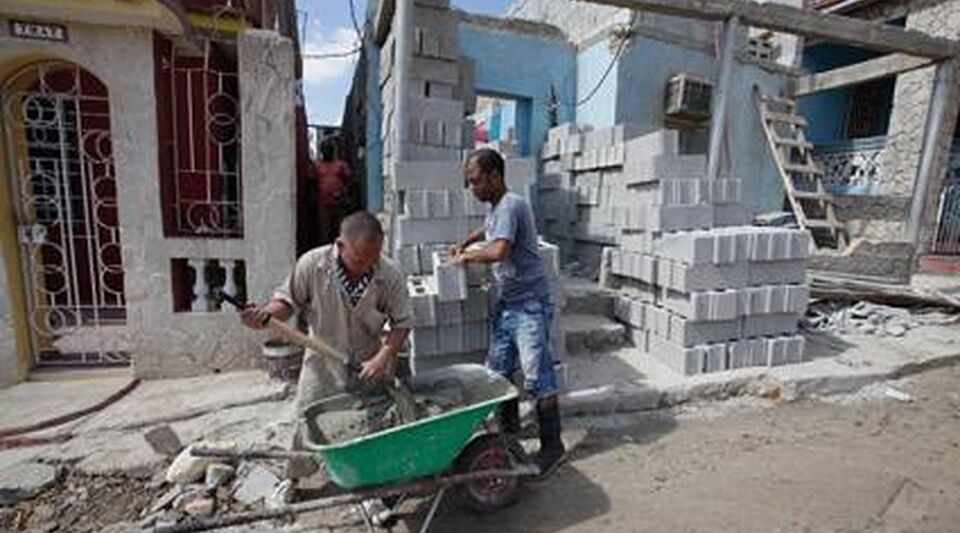Mexico could be subject to a energy legal controversy within the framework of the T-MEC, for hindering, limiting or stopping procedures, “artificially”, for the investments to be made, since there is a backlog of 10,000 permits not authorized by the Energy regulatory commission (CRE) for the hydrocarbon, electricity and pre-registration industry, warned the Business Coordinating Council (CCE).
Francisco Cervantes, president of the CCE, said that last week, the CRE opened operations to carry out procedures: Only 50 permits per month are considered in terms of hydrocarbons, 15 per month for electricity and 120 per month for pre-registrations. And only one permit may be requested per natural or moral person per month. Which means this sold out in a matter of minutes for March.
“He Business Coordinating Council (CCE) and the organizations that comprise it respectfully urge the Energy Regulatory Commission (CRE) to modify Agreement A/004/2023, published in recent days in the Official Gazette of the Federation (DOF), which restricts the attention of pending and future procedures of market participants”, he explained.
Although throughout the six-year term the procedures in the CRE and they were recently released, but under restrictions that impede progress in the projects, this would mean that “the agreement will have a negative effect on the dynamism of the energy sector in our country, opening a new front against the commitments assumed by the Mexican government in the framework of consultations under the Agreement between Mexico, the United States and Canada (T-MEC)”, he stated.
Through a statement, the business leader argued that the measures established by the CRE contravene the commitments assumed by Mexico in the framework of trade consultations with the United States and Canada, as well as the legal deadlines established in the Electricity Industry Law and the Hydrocarbons Lawwhich affects potential investments and the development of essential projects.
“We request the modification of the agreement in accordance with the current legal framework, and the authorization of an efficient and transparent system of deadlines and times, which promotes dynamism and competition in the Mexican energy sector,” he argued.

















